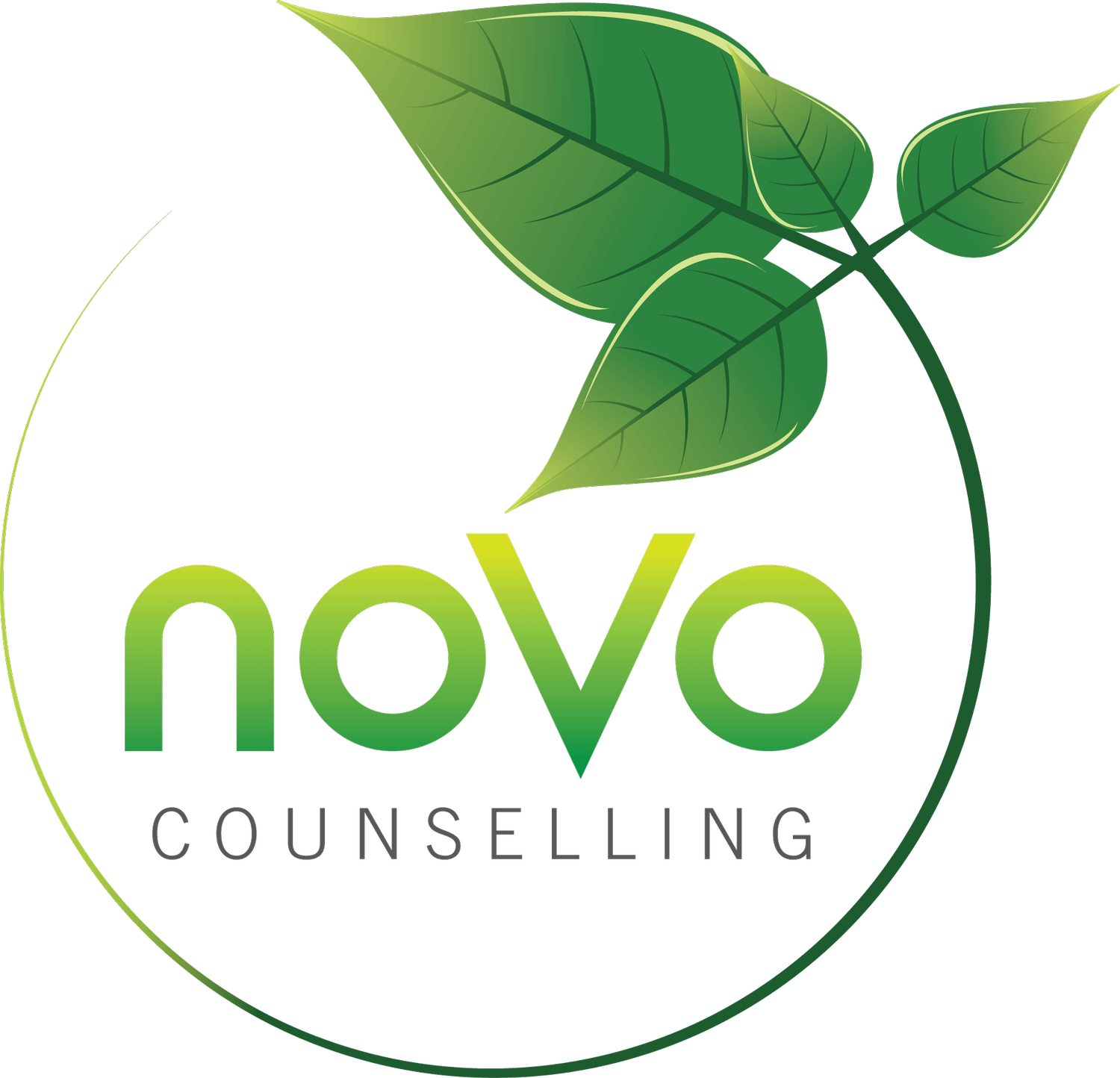The Mother Wound
As Mother's Day comes around each year it is sadly, inevitable that many people find themselves struggling with deep feelings of disappointment, anger, abandonment, rejection and so much more. So if struggle with this time of year and you've heard this term ‘The Mother Wound’ and wondered what it's all about, I'd like to unpack it a little with you.
The relationship between a mother and child is one of the most profound connections any human can experience. It's where we learn to do relationship, understand love, and trust. Sadly, not all mother-child relationships are nurturing and supportive. In fact, some can leave deep emotional scars, known as the "mother wound".
What is the Mother Wound?
The mother wound is defined by the psychological and emotional trauma that is the result of a dysfunctional or strained relationship with your mother or mother figure. It can show up in many different ways. They include feelings of abandonment, unworthiness, inadequacy, or a persistent sense of not being enough.
How can the Mother Wound develop?
The mother wound can arise out of any number of the following factors:
Unresolved Trauma: Mothers who have experienced trauma themselves may unknowingly pass on their unresolved, unprocessed pain to their children.
Emotional Neglect: Sometimes, mothers may be physically present but emotionally unavailable, causing feelings of neglect in their children.
Unhealthy Boundaries: Overbearing or enmeshed relationships can blur boundaries, making it hard for children to develop a sense of self.
Expectations and Pressures: Unrealistic expectations or excessive pressures from mothers can create feelings of never being good enough.
Signs of the Mother Wound
Identifying the mother wound can be crucial for healing. Some common signs may present as the following:
Fear of Rejection Constantly seeking approval and fearing rejection or abandonment.
Self-Doubt and Insecurity Feeling inadequate or unworthy regardless of accomplishments.
Perfectionism Striving for perfection to gain approval or validation.
Difficulty Setting Boundaries Struggling to establish healthy boundaries in relationships.
People-Pleasing Putting others' needs before your own to avoid conflict.
Chronic Guilt Feeling guilty for asserting yourself or making decisions independently.
Healing the Mother Wound
Healing from the mother wound is a journey of self-discovery and self-compassion. Here are some steps to begin the healing process:
Acknowledge Your Pain: Recognise and acknowledge the pain you've experienced. It's okay to feel hurt and angry.
Engage in Therapy: Therapy can provide a safe space to explore your emotions, understand patterns, and develop healthier coping mechanisms.
Set Boundaries: Learn to set and enforce healthy boundaries, even if it feels uncomfortable at first. Boundaries are essential for taking care of yourself and having healthy relationships.
Practice Self-Compassion: Treat yourself with kindness and understanding. Practice self-care activities that nurture your body, soul and spirit.
Reframe Your Narrative: Challenge negative beliefs about yourself. Replace self-criticism with affirmations of self-worth and what you are capable of.
Forgiveness: Forgiving doesn't mean excusing or forgetting. It's about freeing yourself from the burden of anger and resentment.
Connect with Supportive People: Surround yourself with supportive friends, mentors, or therapists who can provide encouragement and validation.
The Mother Wound is a deep and often hidden pain that many of us carry. However, it is possible to heal from it and cultivate healthier relationships with ourselves and others. By acknowledging our wounds, practicing self-compassion, setting healthy boundaries, and seeking support, we can begin the journey towards self-discovery and healing.
Remember, healing is not a linear process, and it's okay to seek help along the way. You deserve the opportunity to find acceptance, validation, love and healing.





